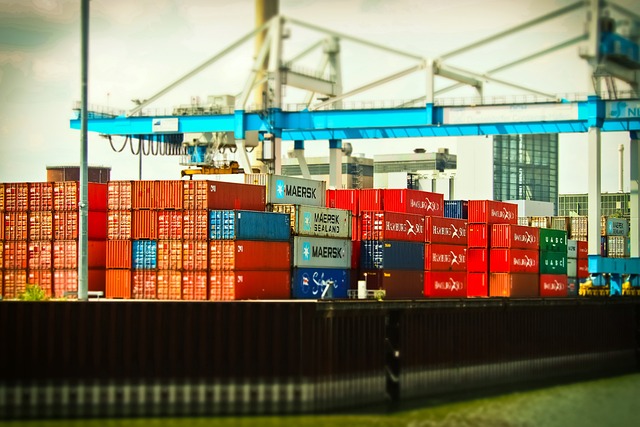
-
The Philippines remains committed to boosting the Philippines’ trade relations with European countries through the free trade agreement with the four members of the European Free Trade Association
-
Since the free trade agreement entered into force on June 1, 2018, DTI said the Philippines was able to turn around its perennial trade deficit with EFTA
-
Total trade between the Philippines and EFTA increased by 2.40% in 2019 from 2018 and further improved by 16% in 2021 rom 2020
-
With the FTA in place, in 2020, around EUR24.84 million worth of Philippine agricultural and industrial products were able to enter the EFTA market with reduced or zero tariff rates
The Philippines remains committed to boosting the Philippines’ trade relations with European countries through the free trade agreement with the four members of the European Free Trade Association (EFTA).
“This agreement facilitates increased market access, reduction of non-tariff barriers, trade and sustainable development, and protection of intellectual property rights, among others, which we see as crucial for the Philippine economy,” Trade Secretary Alfredo Pascual was quoted in a statement issued by the Department of Trade and Industry on February 13.
Pascual also reiterated “the EFTA countries have been the country’s steadfast partners.” The four EFTA member states are Switzerland, Norway, Liechtenstein, and Iceland.
The Philippines-EFTA FTA opened the gate of EFTA member countries’ high-income market to premium and niche Philippine products when the pact came into force in June 2018, the DTI said.
The Philippines and EFTA signed in 2016 a far-reaching FTA that covers trade in goods, services, investment, government procurement, intellectual property rights, competition and sustainable development. The agreement was ratified by the President in 2017 and by the Philippine Senate in 2018.
PH-EFTA free trade deal to bring down customs duties, trade barriers
Since the FTA entered into force on June 1, 2018, DTI said the Philippines was able to turn around its perennial trade deficit with EFTA. In 2019, the Philippines posted a trade surplus of US$47.12 million. This surplus further grew to $101.49 million in 2020 and $129.89 million in 2021 despite the COVID-19 pandemic.
Total trade between the Philippines and EFTA likewise increased 2.4% from $802.150 million in 2018 to $821.407 million in 2019. This further improved by 16% from $821.81 million in 2020 to $953.58 million in 2021.
DTI Undersecretary Ceferino Rodolfo said the Philippine market does not compete and is complementary in nature to the EFTA market.
“As such, the Philippines was able to secure duty-free market access for all industrial and fisheries exports to EFTA and significant concessions on major agricultural products through the FTA, particularly those: (1) Philippine products to the EFTA member states, such as desiccated coconut, prepared or preserved pineapples, and raw cane sugar; and (2) with high potential export interest.”
With the FTA in place, in 2020, around €24.84 million ($26.53 million) worth of Philippine agricultural and industrial products were able to enter the EFTA market with reduced or zero tariff.
These Philippine products included tunas, desiccated coconut, fruits and nuts, processed foods and other food preparations, pasta, malt products, vacuum cleaners, new pneumatic tires, and hairdressing apparatus.
On the investment front, Switzerland has been the country’s major partner in EFTA and a regular source of foreign investments in the European Region. From 2018 to the third quarter of 2022, investment promotion agencies-approved Swiss investments totaled P1.4 billion (or $25.87 million) manufacturing, real estate, administrative and support activities.
From 2018 to the second quarter of 2022, investments from Norway, Iceland, and Liechtenstein in the country’s financial and insurance, manufacturing, administrative, transportation, and storage sectors amounted to P229.4 million (or $4.23 million).
DTI conveyed that, along with the PH-EFTA FTA, recent economic reforms, such as the opening of 100% foreign capital in renewable energy projects, will pave the way for more investments from EFTA to the Philippines, particularly in the energy sector.
During the inaugural Joint Committee Meeting hosted by EFTA member states on January 10, the Philippines and its hosts officially assessed the implementation of the FTA.




